Experts say ignoring social distancing could have economic consequences
Australia’s coronavirus debt grows daily and will only get worse if people ignore social distancing measures and COVID-19 spikes again. Federal Treasurer Josh Frydenberg is set to outline the financial road back from the crisis.
NSW
Don't miss out on the headlines from NSW. Followed categories will be added to My News.
Ignoring social distancing as coronavirus restrictions ease risks a $1.4 billion weekly hit to the NSW economy that would send more than 270,000 people back to the jobless queue.
A year ago, federal Treasurer Josh Frydenberg forecast he would today announce Australia’s budget was “back in black,” but instead he will deliver a statement to parliament on the economic crisis caused by the COVID-19 pandemic.
Mr Frydenberg will outline how Australia can claw back $9.4 billion in GDP a month and help 850,800 people return to work, if the country successfully follows all three steps of relaxing the coronavirus shutdown.
It comes as the country’s top health officials urged the community to take “personal responsibility” for social distancing to avoid a second wave of coronavirus cases.
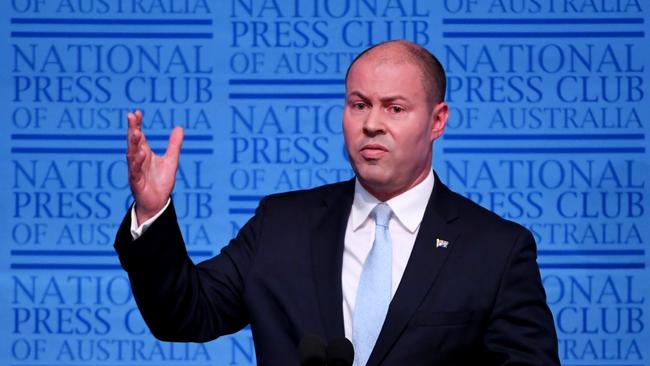
MORE NEWS
Why easing COVID-19 restrictions will keep hurting NSW cafes
No fine for Barilaro after ‘lawn mowing’ farm visit
Western Sydney virus hot spot, 16th Newmarch resident dies
The treasurer’s official statement will not include a deficit forecast for 2019/20, but Deloitte Access Economics has predicted a $143.1 billion black hole in the nation’s finances due to the health crisis.
That figure is a drastic departure from the $5 billion surplus the federal government was predicting at the mid-year budget review in December.
Mr Frydenberg will acknowledge the huge debt burden caused by $320 billion in financial support measures for struggling businesses and Australians who lost their jobs.
“While clearly there will be a significant increase in government debt, which will take many years to repay, our measures have been designed in a way that protect the structural integrity of the budget,” he will say.
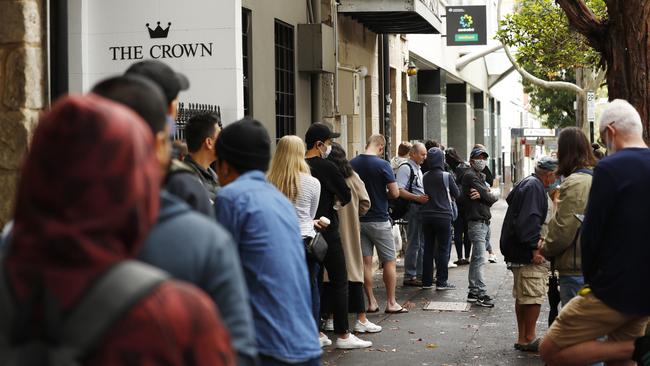
Reopening the economy earlier than expected will have a positive impact on unemployment, with 279,550 people in NSW able to return to work across the three stages, including 83,198 people in just the first round of relaxed measures – due to start on Friday.
The state’s economy would get a $1 billion monthly boost under step one, which could grow to $3.1 billion once all three steps were implemented.
But if NSW fails to socially distance and a second wave of coronavirus cases forces a return to the lockdown rules as of May 8, the state’s economy would lose $1.4 billion a week.
If all of Australia went back to pre-step one measures, the country would suffer a $4 billion weekly hit.
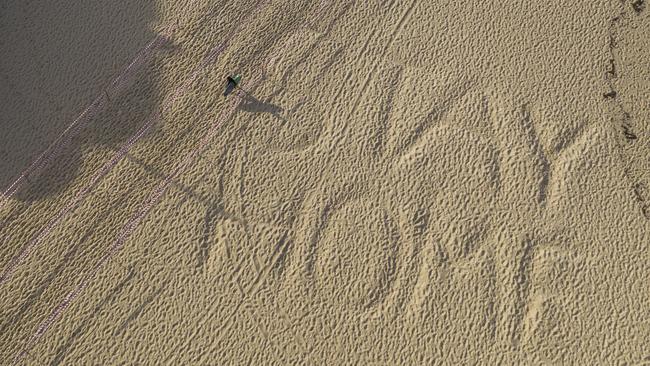
Chief Medical Officer Professor Brendan Murphy has begged Australians not to rely on authorities enforcing distancing rules and instead simply do the right thing.
“It is as much about the rules and regulations as it is about personal responsibility,” he said.
“So if you are going to a shopping centre to buy something, go and buy something, but don’t hang around the shopping centre for half-an-hour mingling for no purpose.
“Go home.”
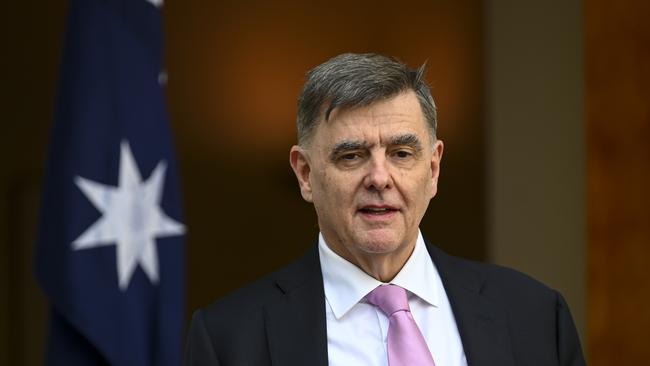
Nationally the first step of eased restrictions is expected to inject $3.1 billion per month into the economy, with increased demand in the retail sector driving a $970 million monthly increase in GDP alone.
The reopening of schools will contribute $730 million a month, while cafes and restaurants reopening with up to ten customers is estimated to tip in an extra $500 million.
Mr Frydenberg will flag rebuilding consumer and business confidence as the “key” to getting Australians back into work and off government welfare.
“The nation’s finances can only be sustained by a strong and growing market-led economy,” he will say.
“Australians know there is no money tree.
“What we borrow today, we must pay back in the future.”
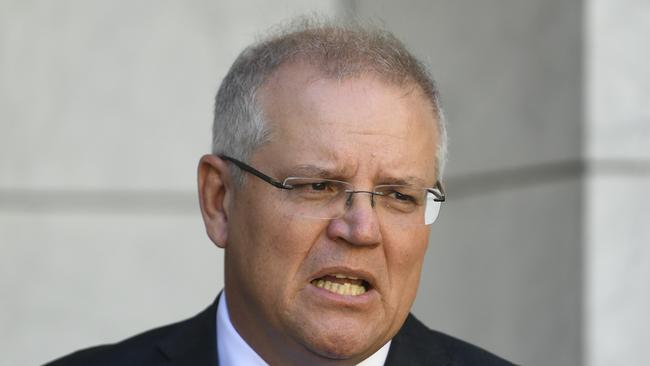
Mr Frydenberg’s statement will note the “sobering” economic data as Australia was forced to shut down whole industries to flatten the coronavirus curve.
“In March, business and consumer confidence saw the largest declines on record,” he will say.
“The ASX lost a third of its value in just four weeks.
“In April, surveys showed that job ads halved and activity in the construction, manufacturing and services sector had their largest ever month falls.”
It comes as Prime Minister Scott Morrison yesterday insisted the six-month JobKeeper wage subsidy would remain as a “life line” for people unable to return to work due to restrictions.
While Mr Morrison said it was “premature” to suggest the $130 billion scheme would end earlier in some cases, JobKeeper is due to be reviewed in June.

“That income support was forthcoming,” he said.
“It was carefully considered. It wasn’t rushed into. It was worked through. It was well designed, and it’s been doing the job.
“And it will keep doing that job for as long as it’s needed.”
Mr Morrison said he didn’t have a “crystal ball” and reopening the economy was still a “work in progress,” which was why the six-month deadline – ending September 27 – had been set.
Cat Meow owner Henri Azzi said his lavish Darlinghurst bar, which opened in November, was unlikely to open in the first step of eased restrictions, meaning his employees on JobKeeper would continue to need the wage subsidy.
“For us, the JobKeeper payment has helped us as it’s allowed us to continue working on the business,” he said.
“We are building on how to pick up where we left off. It’s going to be very hard to keep a bar running with 10 people in.
“By the time you get the stock, and turn the fridges back on … you’re better off keeping the doors shut.”
Mr Azzi said he believed the government had done a “fantastic job” suppressing the virus despite the economic cost.
“The bigger picture is much more important,” he said.
